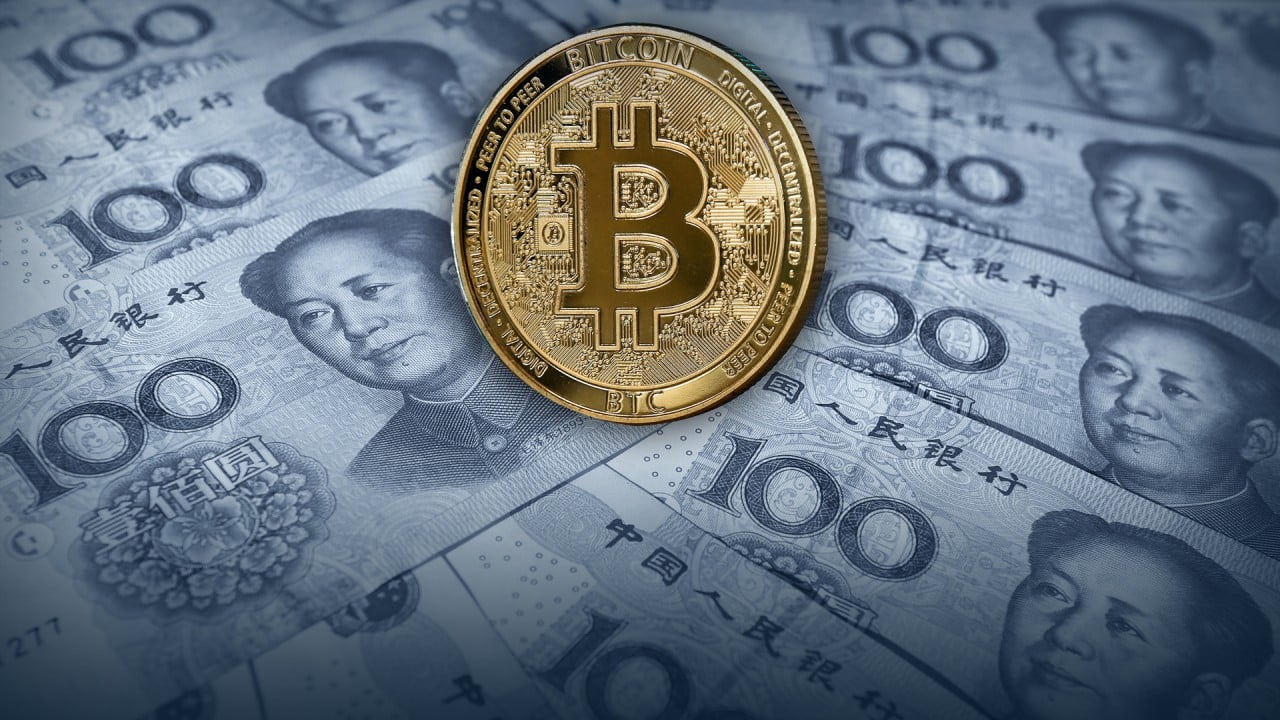
China has ‘ample room’ to absorb global minimum tax, but still ‘prickly’ on issues of economic sovereignty
- China is among 130 nations that have expressed support for a minimum global tax rate of at least 15 per cent, according to the OECD
- China is a magnet for global investors due to its huge market and established supply chain, rather than tax breaks it offers multinationals, experts say
China’s decision to back a global overhaul of cross-border taxation aimed at preventing a race to the bottom on tax rates and halting multinational tax evasion is likely to hinge on diplomatic calculations as much as economic concerns, according to experts.
The agreement will go to the Group of 20 major economies for endorsement at a meeting in Venice this week.
While implementation could be years off, analysts attributed Beijing’s tacit approval of the deal to a desire to maintain good ties with the developed Western world, continue to play a role in global leadership, and because the new tax regime would not be too burdensome on its economy.
What is a global minimum tax, and how will it work?
China’s corporate tax rate is technically 25 per cent, but is lowered to 15 per cent for qualified hi-tech companies, and the nation is already a magnet for global investors due to its huge market and established supply chain. Chinese multinationals also have a far smaller overseas presence than their Western peers.
“I think it is acceptable because our preferential tax rate is often already set at 15 per cent,” said Cai Chang, a tax professor at Central University of Finance and Economics in Beijing.
“It’s not in conflict. As a matter of fact, a global minimum helps China’s anti-tax avoidance endeavours.”
Analysts say Beijing is aware the country’s appeal lies in its well-established manufacturing capabilities and consumer demand, rather than tax breaks.
It won’t prevent foreign-funded companies swarming to China, or affect overseas expansion because our investment is concentrated on infrastructure in belt and road countries and is often subject to high tax rates
China was the world’s largest recipient of foreign direct investment last year, attracting US$163 billion, according to the United Nations Conference on Trade and Development. The momentum has continued into 2021, with foreign investment rising 39.8 per cent to US$71.5 billion in the first five months from a year earlier, the commerce ministry said.
Speaking at a conference in Beijing late last month, former vice commerce minister Wei Jianguo doubted a minimum global tax rate of 15 per cent would make the country less appealing to investors.
“It won’t prevent foreign-funded companies swarming to China, or affect overseas expansion because our investment is concentrated on infrastructure in belt and road countries and is often subject to high tax rates,” he said.
But he added the tax plan was a reminder that China must pay more attention to its business environment and build a market mechanism that follows the law and market rules.

06:54
Is cryptocurrency too risky for China?
China’s median corporate tax burden for foreign-funded companies was 17.27 per cent in 2017 and 19.7 per cent in the decade previous, according to a 2019 report from Renmin University, based on financial data from thousands of companies.
Xia Hailong, a cyber compliance lawyer at Shen Lun Law, said China had “ample room” to deal with the global tax reform, as well as the ability to refuse it.
The foreign ministry has welcomed the consensus reached among OECD nations, but said the interests of developing countries should also be considered.
Beijing in particular will be keen to ensure its economic sovereignty is not impinged on, analysts said.
Steven Leslie, lead financial services analyst at The Economist Intelligence Unit, said China would be the second largest net revenue recipient under the reforms, but it was “prickly about sovereignty and international economic coordination does impinge on it to some extent”.
The main impediment in China, as in other large countries, is to accept an agreement that would curtail sovereignty to some extent over taxation
“The main impediment in China, as in other large countries, is to accept an agreement that would curtail sovereignty to some extent over taxation, a core function of national governments.”
The minimum corporate tax does not require countries to set their rates at the agreed floor, but gives other countries the right to apply a top-up levy to the minimum on companies’ income coming from a country that has a lower rate. The reform is aimed at preventing multinationals, especially big tech firms, from shifting profits to low tax countries instead of paying it where the money was earned.
“One important consideration may well be whether doing so would introduce a material constraint on fiscal policy flexibility going forward and, if so, whether this cost outweighs the potential economic and non-economic benefits,” said Andrew Fennell, a senior director of Fitch Ratings’ sovereign ratings division.
Cai said China might still strive for more carves-out because it was a “developing country”.
“For instance, it may seek a flexible range for certain economic zones or industries, like within 5 percentage points below the floor,” he said.
It is necessary to participate in the reform of the international tax regime and rule making
While China has shown caution over the minimum global tax rate, it has been much more vocal about a digital tax, with finance minister Liu Kun saying in March he hoped for a multilateral consensus by midyear.
If the global tax reform goes ahead, it could pave the way for the removal of unilateral digital services taxes that some countries currently use to tax the world’s internet giants.
“China is becoming a net capital exporter … and it is the only digital economy that could rival the US,” Di Dongsheng, a professor of international relations at Renmin University, told Guancha.cn last month.
“It is necessary to participate in the reform of the international tax regime and rule making.”

02:01
China’s economy expands record 18.3 per cent in the first quarter of 2021
More than 124 companies from the mainland and Hong Kong entered the Fortune Global 500 last year, surpassing the number of American companies for the first time. Four internet giants – Tencent, JD.com, Xiaomi and the owner of the South China Morning Post, Alibaba – were on the list.
China’s digital economy has boomed in recent years, reaching 39.2 trillion yuan in 2020, accounting for 38.6 per cent of the nation’s gross domestic product.
At the end of the day, China’s participation in the global tax reform may depend on its relations with the G7 rich nations, said Zhang Zhiwei, chief economist at Pinpoint Asset Management.
“If relations between the G7 and China become increasingly confrontational, the likelihood of China saying ‘no’ rises,” he said.
China, as the world’s second largest economy, has obligations in the construction of a new global economic governance mechanism
But Beijing has shown enthusiasm to enhance its role in international organisations – from the World Trade Organization to the International Monetary Fund and World Bank – and it will not want to miss an opportunity to participate in international economic governance.
“In reality, the G7 still plays a global leadership role. It often has internal coordination and makes proposals ahead of G20 meetings,” said Zhu Min, former deputy managing director of the International Monetary Fund and current chair of Tsinghua University’s national institute of financial research.
“China, as the world’s second largest economy, has obligations in the construction of a new global economic governance mechanism. It should do its part,” he wrote an article published by the China Business News in early June.


